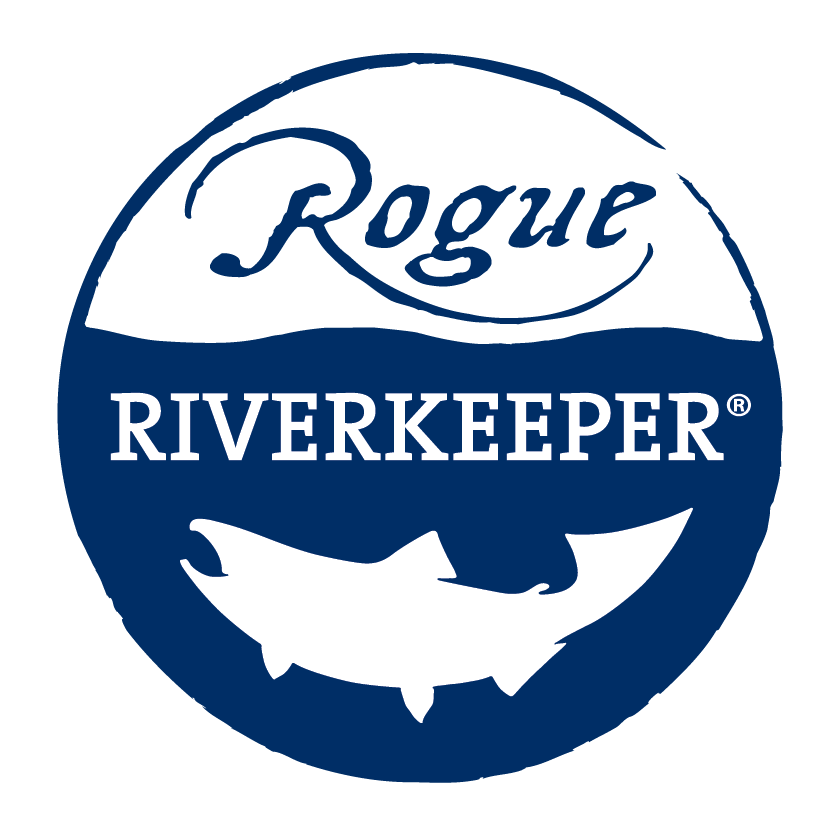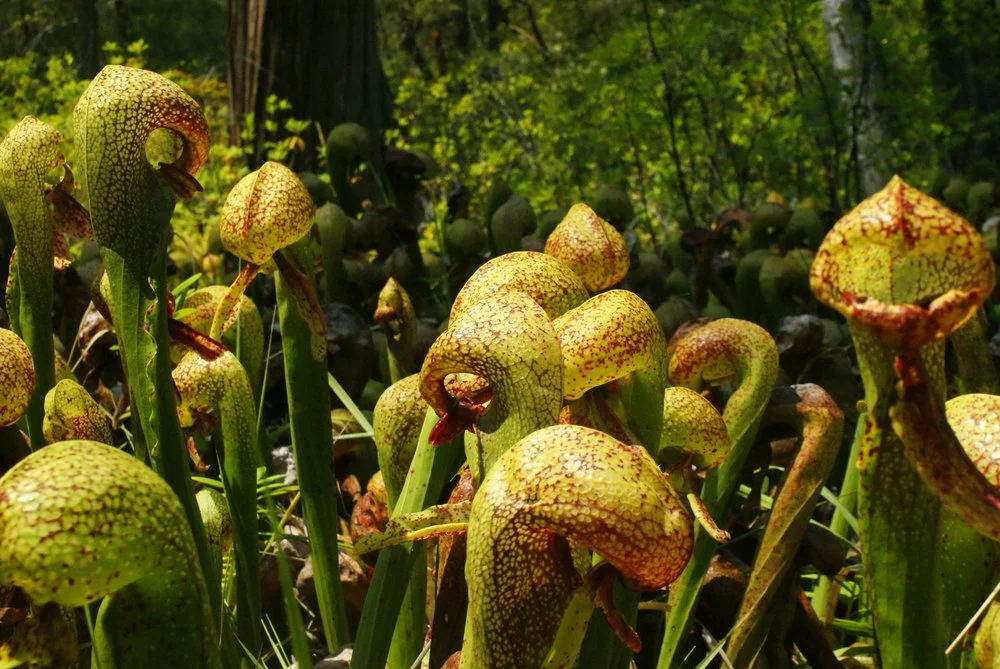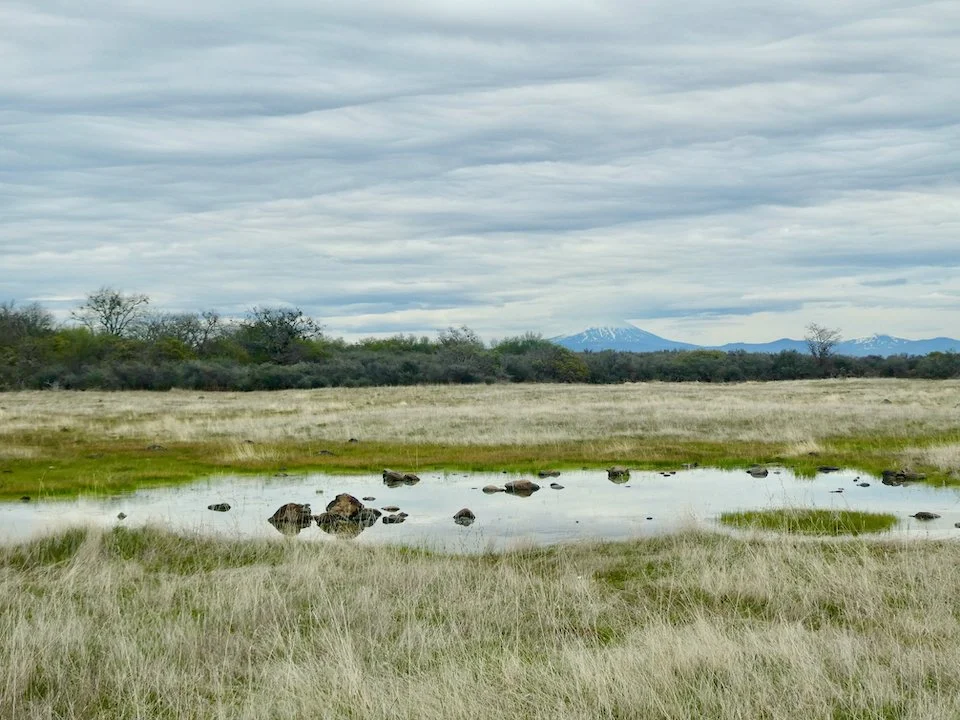Celebrate Wetlands on World Wetlands Day!
Aerial view of the spread of a wetland. Credit: Creative Commons
Winter is the time to welcome the season of precipitation in our region. Snowpack and other precipitation is vital to sustain human water needs as well as support natural systems. World Wetlands Day has been celebrated on February 2 since 1971. Wetlands are one aspect of the water landscape picture that are often neglected or ignored, and their role in the overall storage and protection of water quality in ecosystems is vital.
Wetlands serve both as a filter and as a sponge for water that moves through the landscape, holding water and releasing it slowly providing a flood control benefit as well as helping provide a steady supply of water through the dry season. Substances like urban and agricultural stormwater runoff can contain a wide array of pollutants from roadway runoff, pesticides, fertilizer, feces, and even soil particles. All of which are not good for aquatic ecosystems and drinking water sources. The vegetation and soils of a wetland can slow water flow, reduce erosion and physically trap pollutants and sediment. Plants can even take up and metabolize some substances like nitrogen which would be a pollutant in an aquatic ecosystem. The filtration and storage function of wetlands are damaged or eliminated when the water entering them is piped, diverted, or otherwise not allowed to run through the sponge-like soil and plant habitats that make up wetlands.
The iconic pitcher plant (Darlingtonia californica) grows in wetlands known specifically as bogs or fens in many parts of our region. Credit: Holly Christiansen
In the Rogue River watershed, different types of wetlands occur in many locations. They are commonly at the margins of larger bodies of water like streams, rivers, and lakes in the riparian area where groundwater meets the surface of the land, such as at a spring or seep, or where low lying areas stay wet for long periods of time. Wetlands can be farther from streams or rivers where groundwater and surface water can temporarily collect such as a vernal pool (for example: on top of the Table Rocks or in the Agate Desert in Jackson County). The iconic pitcher plant (Darlingtonia californica) grows in wetlands known specifically as bogs or fens in many parts of our region. Where the Rogue nears the ocean, the area of salt and freshwater mixing is called an estuary and much of the wet area along the edges of the river and estuary channel are wetland. Estuaries and their associated wetlands are critical to maintaining a unique habitat where salmon smolts pause in their journey to transition from a freshwater to a saltwater animal (and vice versa when they return to spawn as adults). Similar to riparian areas, wetlands are ecosystems bordering both aquatic and terrestrial habitats and are known for their high biodiversity.
Human activities impact the functioning of wetlands in our region as well as the flora and fauna associated with them. With Rogue Riverkeeper’s mission to protect water quality in the basin, we seek to protect wetlands as much as possible. In the Rogue basin, some of the frequent human activities that can result in damage to wetlands include:
Development such as paving or building on wetlands
Draining wetlands for urban or agricultural uses
Overgrazing in wetlands
The economic worth of a functioning wetland can be much greater than the perceived economic benefits of converting wetlands to more intensive land use. The benefits of a functioning wetland for water storage, flood control, groundwater recharge, water filtration, habitat preservation and biodiversity and wildfire resilience can be shared by a community as a whole for a long period. Were it possible for humans to replace the services provided by wetlands with a built solution, it would in the long run cost much more than keeping a natural wetland functioning.
Vernal pool on Lower Table Rock. Credit: Holly Christiansen
Beavers are critical to creating and maintaining wetlands and their role in an ecosystem have a multitude of benefits for both aquatic and terrestrial habitats. In 2023, Rogue Riverkeeper worked with a coalition to support passage of the Oregon “Beaver Believer” Bill (HB 3464) and will be supporting the “Living with Beaver” bill, HB 4014 that Rep. Pam Marsh will bring to the legislature this session.
Currently in the state of Oregon, the Department of State Lands (DSL) is the agency that regulates activities in wetlands and waterways. The DSL authorizes many different types of activities on wetlands and waterways through its permit system which includes its Removal and Fill Permit Program and provides a free service to landowners to evaluate the likelihood of wetlands on their property. Prior to the Supreme Court decision in 2023 that reduced its authority, the Clean Water Act, used to protect wetlands much more than it currently does. Rogue Riverkeeper seeks to monitor activities that can damage wetlands and use the existing regulations to protect them.



